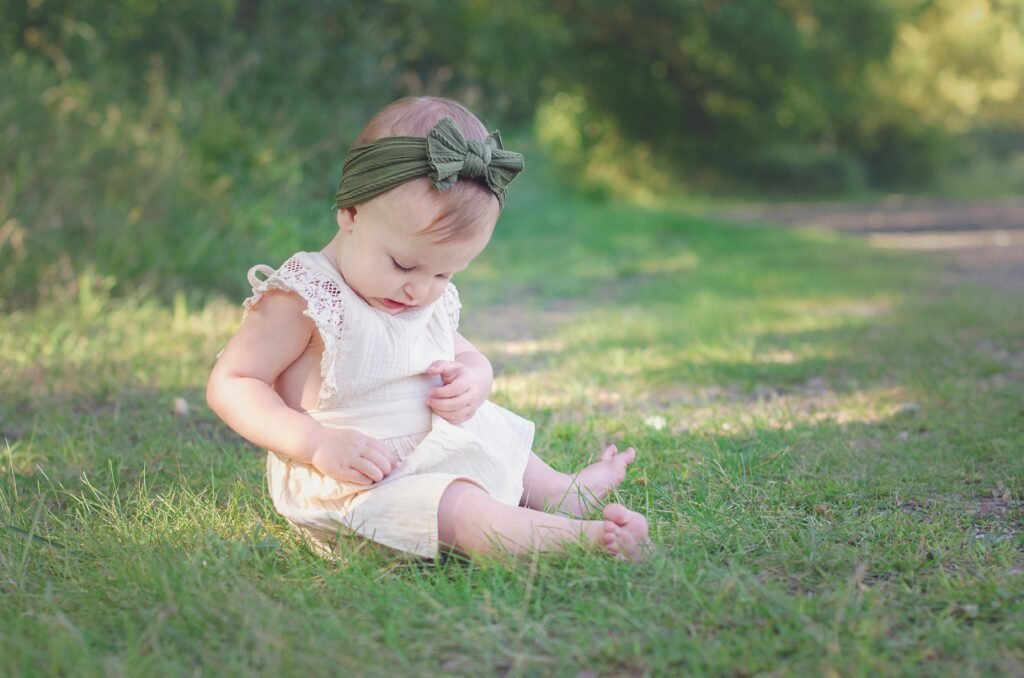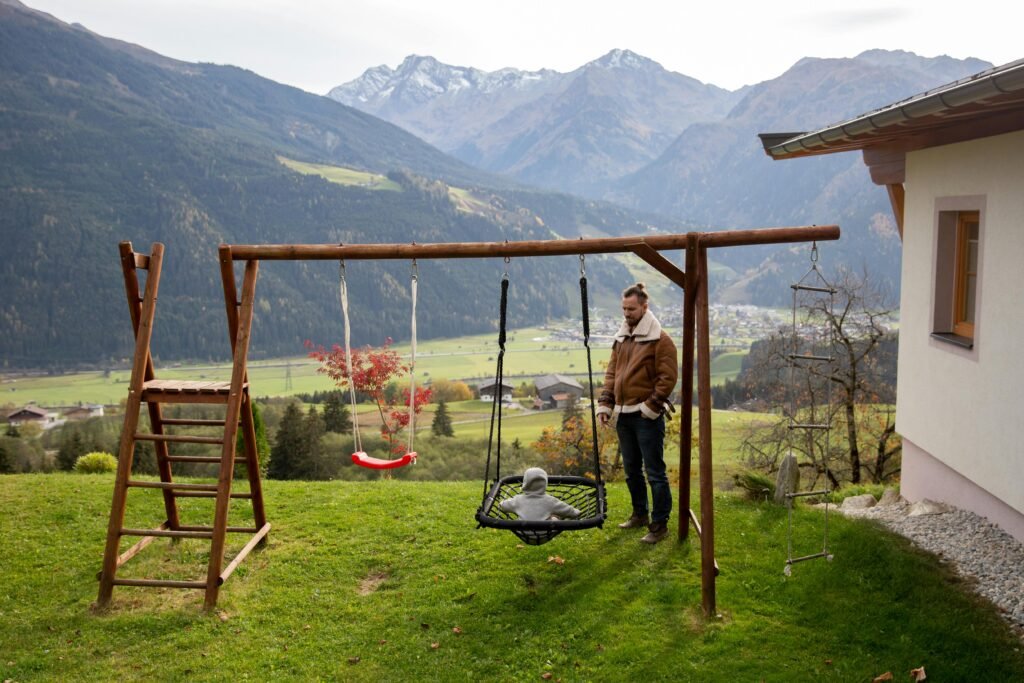Summer is a season full of opportunities for fun outdoor activities, family trips, and new adventures. However, for parents with infants, summer also brings unique challenges. From hot temperatures to increased risks of dehydration and sunburn, ensuring your baby’s safety during the warmer months requires specific planning and precautions. This guide covers everything you need to know to keep your baby safe, comfortable, and happy throughout the summer season.
Understanding the Risks
Babies are especially vulnerable to summer hazards due to their underdeveloped ability to regulate body temperature and their sensitive skin. Below, we explore the most common risks and how to address them.
1. Sunburn
Babies’ skin is thinner and more delicate, making it prone to sunburn. Research from the CDC indicates that just 15 minutes of sun exposure can damage an infant’s skin. Sunburn increases the risk of skin damage, pain, and, long-term, even skin cancer.
2. Dehydration
Infants lose water more rapidly than adults, particularly in hot weather. Dehydration can cause symptoms such as dry lips, lethargy, and a decrease in wet diapers. According to WHO data, dehydration is a significant risk factor for infants, especially in climates with sustained high temperatures.
3. Heatstroke
Babies are less efficient at dissipating heat through sweating, making them susceptible to overheating or heatstroke. Heatstroke symptoms include hot, dry skin, rapid pulse, and confusion, and it can quickly become a medical emergency.

Safety Tips for Outdoor Activities
Taking your baby outdoors during summer can be enjoyable, but it’s vital to follow safety measures to mitigate the above risks.
1. Choose Safe Play Areas
- Opt for shaded areas like parks with large trees or use a UV-blocking canopy.
- Avoid outdoor activities during peak sun hours (10 a.m. to 4 p.m.).
2. Use Sun Protection
- Dress your baby in lightweight, long-sleeved clothing and wide-brimmed hats for maximum sun coverage.
- Apply baby-safe sunscreen (SPF 30 or higher) to exposed skin, as recommended by the AAP.
- “Sun protection is non-negotiable for babies,” says Dr. Alex, Pediatric Dermatologist. “Use wide-brimmed hats, lightweight protective clothing, and seek shade during peak sun hours.”
3. Ensure Hydration
- For babies under six months, breastfeed or formula-feed more frequently to maintain hydration.
- Older infants can sip water in small amounts in addition to their regular milk feeds.
- Dr. Emily, Pediatrician, advises, “Hydration is key. Always ensure your little one is drinking enough fluids, especially in hot weather.”
4. Protect Against Bugs
- Use baby-safe insect repellents and lightweight netting over strollers to shield your baby from mosquito and insect bites.
- Inspect your baby’s skin after outdoor activities to check for any bites or rashes.
Safe Sleep Guidelines for Summer Nights
Creating a cool and safe sleeping environment for your baby during hot summer nights is essential for their comfort and health.
1. Maintain Optimal Room Temperature
- Keep the nursery temperature between 68°F and 72°F using fans or air conditioning, as suggested by Dr. Sam, Pediatric Sleep Specialist.
- Avoid direct airflow on your baby.
2. Select Lightweight, Breathable Fabrics
- Dress your baby in a single layer of lightweight pajamas made from cotton or bamboo fabrics.
- Skip blankets in favor of a breathable sleep sack to reduce overheating risks.
3. Monitor for Signs of Overheating
- Signs like flushed cheeks, sweating, or warm skin may indicate that your baby is too hot. Adjust clothing or the room temperature accordingly.

Traveling Safely with Babies in Summer
Traveling with an infant in the summer poses unique challenges, from car safety to avoiding overheating during transit. Follow these tips for stress-free travel.
1. Safe Car Travel
- Never leave your baby unattended in a car, even for a moment. Temperatures can rise dangerously fast in parked vehicles.
- Ensure the car seat is not overheating in direct sunlight by covering it with a breathable cloth when not in use.
- Sarah, Child Passenger Safety Technician, emphasizes, “Car seat safety is important year-round, but it’s especially critical to avoid overheating in the summer.”
2. Stroller Precautions
- Use lightweight strollers with good ventilation to prevent your baby from overheating.
- Attach a UV-blocking sunshade for added protection from direct sunlight.
3. Pack Essentials
- Bring along plenty of fluids, extra clothes, sunscreen, and a portable fan for cooling.
- Take frequent breaks to allow your baby to stretch and stay comfortable during long trips.
First Aid and Emergency Preparedness
Being prepared to respond to common summer-associated health issues can make all the difference in protecting your baby.
1. Treating Sunburn
- Apply a cool compress to the affected area and keep your baby hydrated.
- Use baby-safe aloe vera gel or consult a pediatrician if the sunburn appears severe.
2. Addressing Dehydration
- For mild dehydration, offer more milk or water (depending on age). Severe dehydration signs, such as sunken eyes or drowsiness, warrant immediate medical attention.
3. Managing Heat-related Illnesses
- If you notice signs of overheating or heatstroke, immediately move your baby to a cooler place and call emergency services.
- Sponge your baby with lukewarm water to gradually lower their body temperature.
Real-Life Stories That Inspire
Case Study 1: A Mother’s Lesson on Hydration
During a family picnic, Clara realized her 5-month-old son had fewer wet diapers and seemed irritable. Consulting her pediatrician confirmed mild dehydration. Ever since, she prioritizes extra feeds during outings.
Case Study 2: Learning from Heat Exhaustion
A pediatrician recalls treating a baby with heat exhaustion after prolonged sun exposure at the beach. “This reinforced the importance of seeking shade and never underestimating peak sun hours,” the pediatrician noted.
Case Study 3: Sleep Safety in the Heat
A Minnesota family shared how they maintained a safe sleep environment during a sizzling heatwave by using a sleep sack and keeping the nursery’s temperature optimal. Their baby remained cool and comfortable throughout the summer.
Practical Steps for a Safe and Joyful Summer
Summer can be a fun and memorable season for you and your baby, provided you take the right precautions. From protecting your little one’s skin to keeping them hydrated and ensuring safe travel, these tips will help you make the most of summertime with your infant.
Stay informed, stay prepared, and enjoy the sunny season with peace of mind. For more parenting tips and expert guidance, explore resources from the CDC, AAP, and WHO.



